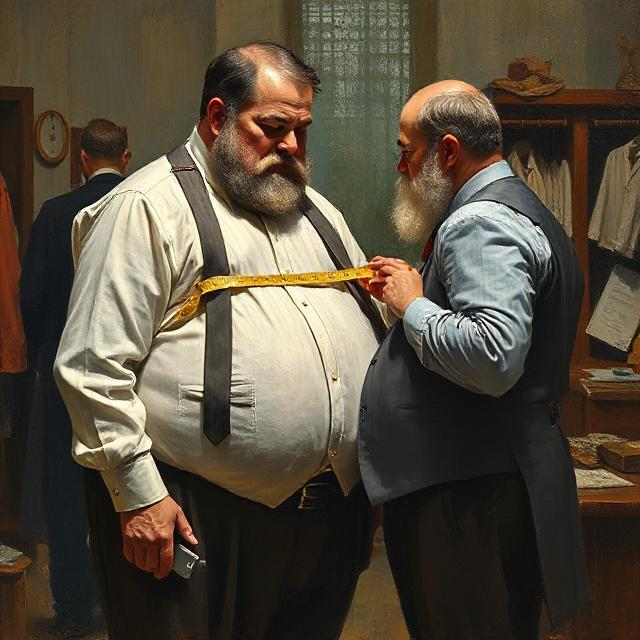There’s a quiet that settles over everything after midnight. The phone doesn’t ring. The traffic slows to a trickle. The world pulls its covers up and disappears into dreams. But for many elderly folks, this stillness isn’t comforting—it’s heavy. And if you’re lying awake, staring at the ceiling or the red glow of your alarm clock, you know the ache it brings. Not just the ache of insomnia, but of loneliness too—the kind that seems to deepen when you’re the only one awake.
If this is you, you’re not alone. Truly. More people than you think feel like this—restless in the dark, their thoughts too loud, their beds too empty, their past too vivid. But there are ways to soften the long nights. Let’s talk about them—not with a clinical list of “sleep hygiene” tips you’ve heard a hundred times, but as one person to another, trying to make it through the quiet hours with a little more peace.
The Truth About Nighttime Loneliness
First, let’s name it. Loneliness at night is different. During the day, even if you’re alone, there’s activity. You might go out for groceries, get a call from your son, catch a show on TV, or hear the neighborhood kids playing outside. But at night, there are fewer distractions. Memories come back, regrets knock louder, and that empty space beside you feels especially vast.
This is especially true if you’ve lost a spouse. A bed once shared now feels like a canyon. The body forgets how to relax without the presence it once relied on. The silence can feel like a weight.
What Can You Do?
Let’s not pretend it’s easy. But there are things that help—things that don’t require sleeping pills or perfect solutions.
1. Don’t Just Lie There
Lying in bed, wide-eyed and frustrated, can actually make things worse. The more time you spend trying to sleep, the more anxious your brain becomes about not sleeping.
So get up. Not to scroll your phone or flip through TV channels, but to do something gentle. Read a book of poetry. Make a warm drink—chamomile tea, warm milk, or even a diluted juice. Write a letter. Knit. Pet your cat. Sit by a window and look at the stars. These small rituals remind you that the night isn’t a prison—it’s just another part of life.
2. Use Technology for Connection—But Wisely
If you have internet access, there’s a world out there awake with you. Online communities exist where people chat during the night—forums for insomniacs, for seniors, for widows, for anyone who’s up and restless. You might feel a little strange jumping in, but try it. You might find someone in a different time zone who understands exactly how you feel.
Some people also find comfort in audio—podcasts, audiobooks, soft music, or calming sleep apps that read you stories or guide you through a meditation. These can help settle your thoughts enough for your body to relax.
3. Talk to Someone—Even at Night
This one can be tough, but vital. If you’re feeling truly overwhelmed, know that there are senior hotlines you can call. Trained volunteers just to talk. Not every night, perhaps, but in those moments when it feels too much. Even hearing a human voice can remind you that you are still part of this world.
And if there’s a friend or family member you trust, maybe let them know you sometimes struggle at night. You don’t need to burden them—just ask if they’d be okay with the occasional late-night text or call if you’re feeling low. You might be surprised how willing people are to be there for you.
4. Create a Night Ritual
Even if you’re not sleepy, creating a calming bedtime routine gives your mind a signal that the day is ending. Dim the lights an hour before bed. Put on something soft and familiar—a robe, some slippers. Smell something comforting: lavender oil, a favorite old lotion. Do the same few things in the same order every night.
It doesn’t make sleep come instantly, but it makes night feel safer. Predictable. Less chaotic.
Finding Meaning in the Midnight Hours
This may sound odd, but there’s something sacred about nighttime solitude. Many writers, thinkers, and spiritual seekers have found clarity in the wee hours, when the rest of the world is quiet. If you can reframe your restlessness as a kind of nightly journey, you may find not just coping strategies—but moments of beauty.
Keep a “night journal.” Not to write perfectly, just to spill what’s on your mind. Write a letter to someone you miss. Sing, if you feel like it. Hum an old tune. Stretch gently in your living room. Light a candle in memory or in hope.
Loneliness doesn’t always go away, but it can be softened when you give it form—turn it into music, story, movement, or prayer.
And When Morning Comes…
Remember: the sun always rises, no matter how long the night felt. If you’ve made it through another difficult stretch, that’s something to be proud of. You might feel tired, yes—but also a little stronger. You endured. You carried your memories, your grief, your hope through the dark and lived to see the light again.
Maybe tomorrow night will be a little easier. And maybe the one after that, too.
But until then, if you’re lying awake and lonely: know this. Somewhere, someone else is too. You’re not forgotten. You are not invisible. You are not broken.
You’re just alive, in the quiet hours. And that still counts for something.




